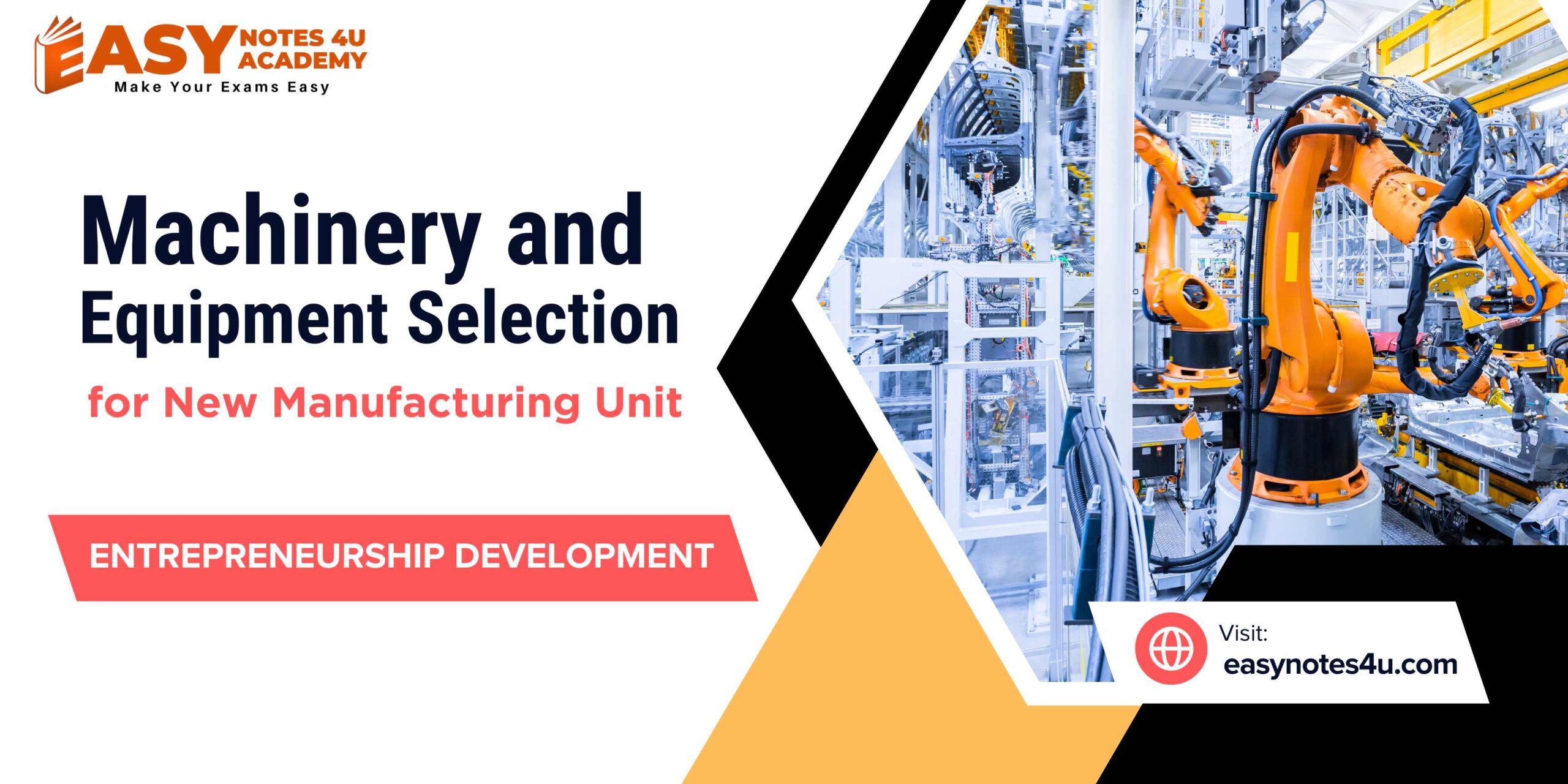
There are various types of entrepreneurs such as innovative, imitating, Fabian, drone, social, business, industrial, corporate, agricultural, technical, non-technical, professional, pure, induced, motivated, spontaneous, growth, first-generation, modern, classical, forced entrepreneurs.
TYPES OF ENTREPRENEURS:
Types of Entrepreneurs – Depending upon the level of willingness to create innovative ideas, there can be the following types of entrepreneurs:
1. Innovative entrepreneurs:
These entrepreneurs have the ability to think newer, better and more economical ideas of business organization and management. They are the business leaders and contributors to the economic development of a country.
Inventions like the introduction of a small car ‘Nano’ by Ratan Tata, organized retailing by Kishore Biyani, making mobile phones available to the common may by Anil Ambani are the works of innovative entrepreneurs.
2. Imitating entrepreneurs:
These entrepreneurs are people who follow the path shown by innovative entrepreneurs. They imitate innovative entrepreneurs because the environment in which they operate is such that it does not permit them to have creative and innovative ideas on their own.
Such entrepreneurs are found in countries and situations marked with weak industrial and institutional base which creates difficulties in initiating innovative ideas.
In our country also, a large number of such entrepreneurs are found in every field of business activity and they fulfill their need for achievement by imitating the ideas introduced by innovative entrepreneurs.
Development of small shopping complexes is the work of imitating entrepreneurs. All the small car manufacturers now are the imitating entrepreneurs.
3. Fabian entrepreneurs:
The dictionary meaning of the term ‘fabian’ is ‘a person seeking victory by delay rather than by a decisive battle’. Fabian entrepreneurs are those individuals who do not show initiative in visualizing and implementing new ideas and innovations wait for some development which would motivate them to initiate unless there is an imminent threat to their very existence.
4. Drone entrepreneurs:
The dictionary meaning of the term ‘drone’ is ‘a person who lives on the labor of others. Drone entrepreneurs are those individuals who are satisfied with the existing mode and speed of business activity and show no inclination in gaining market leadership. In other words, drone entrepreneurs are die-hard conservatives and even ready to suffer the loss of business.
5. Social Entrepreneur:
Social entrepreneurs drive social innovation and transformation in various fields including education, health, human rights, workers’ rights, environment and enterprise development.
They undertake poverty alleviation objectives with the zeal of an entrepreneur, business practices and dare to overcome traditional practices and to innovate. Dr Mohammed Yunus of Bangladesh who started Gramin Bank is a case of social entrepreneur.
According to the Type of Business
Entrepreneurs are found in various types of business occupations of varying size. We may broadly classify them as follows:
1. Business Entrepreneur
Business entrepreneurs are individuals who conceive an idea for a new product or service and then create a business to materialize their idea into reality. They tap both production and marketing resources in their search to develop a new business opportunity. They may set up a big establishment or a small business unit. Trading entrepreneur is one who undertakes trading activities and is not concerned with the manufacturing work. He identifies potential markets, stimulates demand for his product line and creates a desire and interest among buyers to go in for his product. He is engaged in both domestic and overseas trade.
2. Industrial Entrepreneur
Industrial entrepreneur is essentially a manufacturer who identifies the potential needs of customers and tailor’s product or service to meet the marketing needs. He is a product-oriented man who starts in an industrial unit because of the possibility of making some new product.
3. Corporate Entrepreneur
Corporate entrepreneur is essentially a manufacturer who identifies the potential needs of customers and tailor’s product or service to meet the marketing needs. He is a product-oriented man who starts in an industrial unit because of the possibility of making some new product.
Corporate entrepreneur is a person who demonstrates his innovative skill in organizing and managing a corporate undertaking. A corporate undertaking is a form of business organization which is registered under some statute or Act which gives it a separate legal entity.
4. Agricultural Entrepreneur
Agricultural entrepreneurs are those entrepreneurs who undertake such agricultural activities as raising and marketing of crops, fertilizers and other inputs of agriculture. According to the use of Technology.
5. Technical Entrepreneur
A technical entrepreneur is essentially an entrepreneur of “Craftsman type”. He develops a new and improved quality of goods because of his craftsmanship. He concentrates more on production than marketing. He does not care much to generate sales by applying various sales promotional techniques. He demonstrates his innovative capabilities in matters of production of goods and rendering services.
6. Non-technical Entrepreneur
Non-technical entrepreneurs are those who are not concerned with the technical aspects of the product in which they deal. They are concerned only with developing alternative marketing and distribution strategies to promote their business.
7. Professional Entrepreneur
Professional entrepreneur is a person who is interested in establishing a business but does not have interest in managing or operating it once it is established.
According to Motivation
Motivation is the force that influences the efforts of the entrepreneur to achieve his objectives. An entrepreneur is motivated to achieve or prove his excellence in job performance. He is also motivated to influence others by demonstrating his power thus satisfying his ego.
1. Pure Entrepreneur
A pure entrepreneur is an individual who is motivated by psychological and economic rewards. He undertakes an entrepreneurial activity for his personal satisfaction in work, ego or status.
2. Induced Entrepreneur
Induced entrepreneur is one who is being induced to take up an entrepreneurial task due to the policy measures of the government that provides assistance, incentives, concessions and necessary overhead facilities to start a venture. Most of the entrepreneurs are induced entrepreneurs who enter business due to financial, technical and several other several other provided to them by the state agencies to promote entrepreneurship.
3. Motivated Entrepreneur
New entrepreneurs are motivated by the desire for self-fulfillment. They come into being because of the possibility of making and marketing some new product for the use of consumers. If the product is developed to a saleable stage, the entrepreneur is further motivated by reward in terms of profit and enlarged customer network.
4. Spontaneous Entrepreneur
These entrepreneurs start their business out of their natural talents and instinct. They are persons with initiative, boldness and confidence in their ability which motivate them to undertake entrepreneurial activity.
5. Growth Entrepreneur
Growth entrepreneurs are those who necessarily take up a high growth industry. These entrepreneurs choose an industry which has substantial growth prospects.
6. Super-Growth Entrepreneur
Super-growth entrepreneur is those who have shown enormous growth of performance in their venture. The growth performance is identified by the liquidity of funds, profitability and gearing.
According to Stages of Development
1. First-Generation Entrepreneur
A first-generation entrepreneur is one who starts an industrial unit by means of an innovative skill. He is essentially an innovator, combining different technologies to produce a marketable product or service.
2. Modern Entrepreneur
A modern entrepreneur is one who undertakes those ventures which go well along with the changing demand in the market. They undertake those ventures which suit the current marketing needs.
3. Classical Entrepreneur
A classical entrepreneur is one who is concerned with the customers and marketing needs through the development of a self-supporting venture. He is a stereotype entrepreneur whose aim is to maximize his economic returns at a level consistent with the survival of the firm with or without an element of growth.
4. Innovating Entrepreneurs
Innovating entrepreneurship is characterized by aggressive assemblage of information and analysis of results, deriving from a novel combination of factors. Men/women in this group are generally aggressive in experimentation who exhibit cleverness in putting attractive possibilities into practice. One need not invent but convert even old established products or services, by changing their utility, their value, their economic characteristics, into something new, attractive and utilitarian. Therein lies the key to their phenomenal success. Such an entrepreneur is one who sees the opportunity for introducing a new technique of production process or a new commodity or a new market or a new service or even reorganization of an existing enterprise.
Imitative Entrepreneurs: Imitative entrepreneurship is characterized by readiness to adopt successful innovations by innovating entrepreneurs. They first imitate techniques and technology innovated by others.
5. Fabian Entrepreneurs
These categories of entrepreneurs are basically running their venture on the basis of conventions and customary practices. They don’t want to introduce change and not interested in coping with changes in environment. They have all sorts of inhibitions, shyness and lethargic attitude. They are basically risk aversor and more cautious in their approach.
6. Drone Entrepreneurs
Entrepreneurs who are reluctant to introduce any changes in their production methods, processes and follow their own traditional style of operations. Though they incur losses and loses their market potential, will not take any effort to overcome the problem. Their products and the firm will get natural death and knockout.
7. Forced Entrepreneurs
Sometimes, circumstances made many persons to become entrepreneurs. They do not have any plan, forward looking and business aptitude. To mitigate the situational problem, they are forced to plunge into entrepreneurial venture. Most of they may not be successful in this category due to lack of training and exposure.
Complete Paperback Printed Book

Follow us on Facebook
Discover more from Easy Notes 4U Academy
Subscribe to get the latest posts sent to your email.











0 Comments